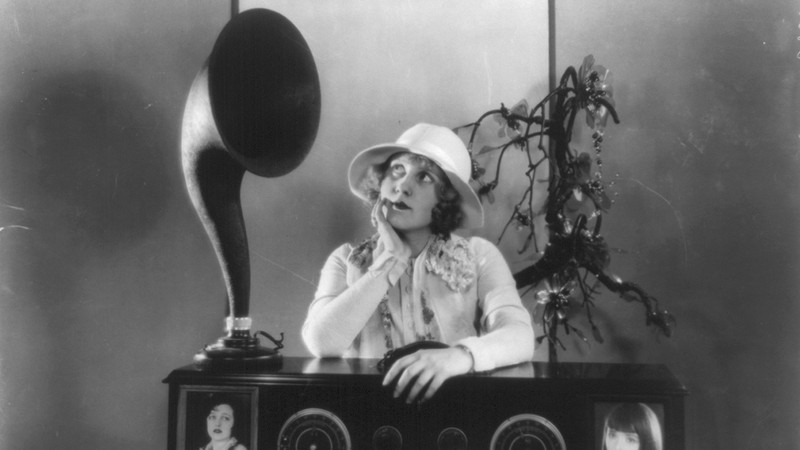Metro reporter Christina Waters talks to Bay Area poets about how the pandemic has changed and reinvigorated the art form.

Underwood & Underwood Library of Congress Prints and Photographs Division
“America was matriculating in a school for the blind. Their eyes had failed them, or they had failed their eyes, and so they were having their fingers pressed forcibly down on the fiery Braille alphabet.” Tom’s speech from the beginning of The Glass Menagerie seems apropos to the horror and futility of the COVID crisis. Veteran journalist Christina Waters sought a response to these plague years in a thoughtful piece for Metroactive.com in which she contacts a dozen-odd poets. They include David Sullivan, poet laureate of Santa Cruz County; Alan Soldofsky, SJSU’s director of creative writing; Erin Redfern of San Jose’s Poetry Center; Kim Addonizio, author of Mortal Trash; Poetry Flash editor Joyce Jenkins; Gary Young, director of UCSC’s Cowell Press; Danusha Lameris, author of Bonfire Opera; and finally Dion O'Reilly and Farnaz Fatemi, co-founders of the Hive Poetry Collective.
It’s a consensus-free consensus, often weighing the virtues and deficits of Zooming as opposed to IRL reading. Zoom readings cross borders and allow contact with people in foreign countries. But as Gary Young says, “anything done on Zoom feels like kissing someone with your mask on.” Fatemi notes a spike in poetry readership during terrifying times. "So much of the world … is marked with uncertainty. Poetry has always been a place to turn to explore the unknown and help people maybe make some sense of it.”
Read more: “Verse Chorus.”